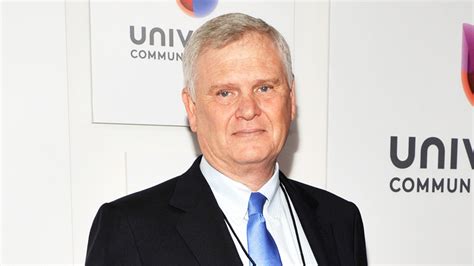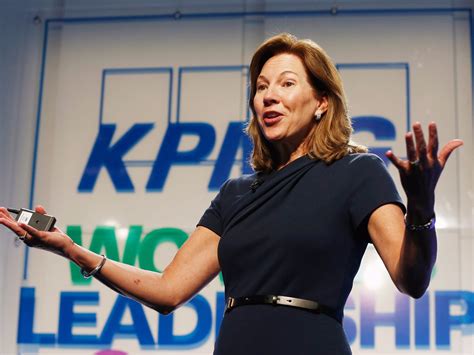A Quote by Seth Godin
A business owner is the boss, but it's a job, a place that is stable and profitable. An entrepreneur is an artist of sorts, throwing his/herself into impossible situations and seeking out problems that require heart and guts to solve. Both are fine, but choose.
Related Quotes
The most important job of the entrepreneur begins before there is a business or employees. The job of an entrepreneur is to design a business that can grow, employ many people, add value to its customers, be a responsible corporate citizen, bring prosperity to all those that work on the business, be charitable, and eventually no longer need the entrepreneur. Before there is a business, a successful entrepreneur is designing this type of business in his or her mind's eye. According my rich dad, this is the job of a true entrepreneur.
And I've come to the place where I believe that there's no way to solve these problems, these issues - there's nothing that we can do that will solve the problems that we have and keep the peace, unless we solve it through God, unless we solve it in being our highest self. And that's a pretty tall order.
The future mathematician ... should solve problems, choose the problems which are in his line, meditate upon their solution, and invent new problems. By this means, and by all other means, he should endeavor to make his first important discovery: he should discover his likes and dislikes, his taste, his own line.
If God was the owner, I was the manager. I needed to adopt a steward's mentality toward the assets He had entrusted - not given - to me. A steward manages assets for the owner's benefit. The steward carries no sense of entitlement to the assets he manages. It's his job to find out what the owner wants done with his assets, then carry out his will.
Managers are not confronted with problems that are independent of each other, but with dynamic situations that consist of complex systems of changing problems that interact with each other. I call such situations messes. Problems are extracted from messes by analysis. Managers do not solve problems, they manage messes.




































